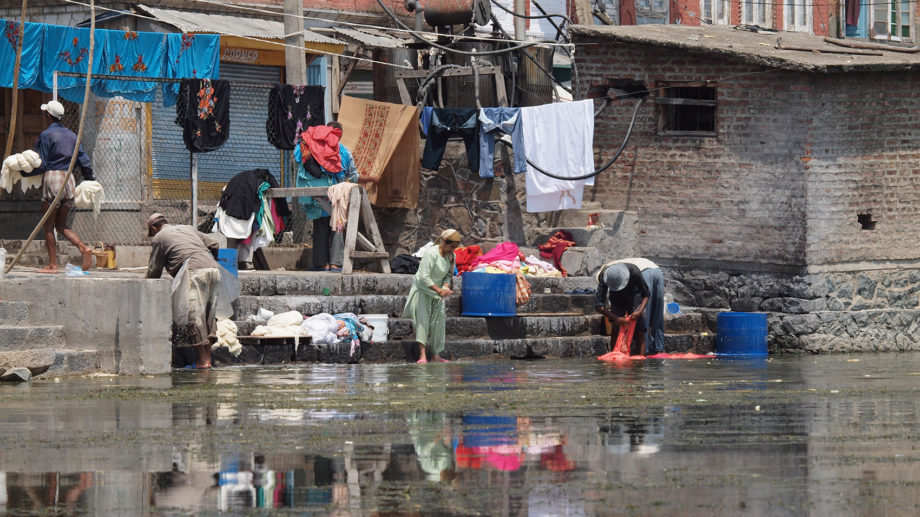I bounded out of college bursting with intention to change the world. I had a simple plan: to move overseas to help women living in poverty earn sustainable incomes.
A three-week encounter with urban poverty disassembled that plan.
It happened my first summer out of college. I’d joined a team of short-termers to serve the urban poor in Southeast Asia. Our team worked alongside local ministries in sprawling slums, sat with homeless families living on sidewalks, and played with orphans and street kids.
I learned several things in those three weeks: carry an umbrella, watch out for nocturnal carnivorous ants, don’t take toilet paper for granted. Some lessons were more sobering: giving restaurant leftovers to a hungry child will draw plenty of others ready to fight for a portion.
Each morning, I woke up counting the days until I could fly away. I felt every level of discomfort: physical, emotional, and spiritual. My questions tormented me. How could such material poverty exist on the same planet as America’s excess? What could I possibly do about the disparity? Surely I didn’t have what it takes to serve here long-term, and I certainly didn’t feel like I had the grace for it.
Three weeks in Southeast Asia stripped away my well-intentioned idea that I could change the world in my own power.
Then, God began to show me that He is so much bigger than I ever believed Him to be. And He had to be—because no one but God is selfless, loving, or strong enough to break through the hopelessness, injustice, and evil of urban poverty. To my relief, I didn’t need to worry about changing the world. That was His work to do. And in the Word, I discovered that God’s purposes and plans to bless the nations are better than my own.
Following that trip, the Lord stirred a two-fold calling in my heart: to reach Muslims with the least access to the Gospel—and to serve the urban poor.
Muslims represent almost a quarter of the world’s urban poor, estimates a seasoned Frontiers leader and advocate for the poor. “And the number of Muslims living in poverty is growing rapidly,” he says.
Frontiers teams serving impoverished Muslim communities are finding great openness to Jesus Christ. But as urban poverty grows, more faithful workers are needed to go to the poorest and most vulnerable Muslim populations.
Armed with those facts, I joined a Frontiers team in Africa and moved to a Muslim slum community. Still, I often wondered if I had enough grit to endure the hardships I’d encounter. “I’m not sure I can do this,” I confided to close friends and supporters.
In my new country, I discovered thousands of men, women, and children were already “doing this.” My adopted community was full of resident experts on how to live gracefully in the midst of poverty.
My Muslim neighbors taught me how to cook without electricity, wash without running water, and survive without refrigeration and air conditioning. They showed me how to hire a donkey cart to deliver water, the best way to get rid of flies in the house, and how to keep hungry goats from wandering in and pooping in my room.
Together, we experienced many of the challenges of living in underserved communities. We suffered through the same torrential storms, heat waves, water shortages, political coups, and terrorist threats.
Most importantly, my Muslim neighbors encountered the hope of Christ. For the very first time, they saw how Jesus’ followers live without fear—which is the most powerful witness believers can offer to people afraid of eternal condemnation.
It doesn’t take a special person to live in an urban slum.
It takes dependence on God who loves to fill His followers with the grit and grace to persevere. It takes a willingness to say yes.
You may not feel special. You needn’t feel special. God will give you what you need to share Jesus Christ with Muslims who desperately need to know that the Gospel is their undying hope.
Original article: https://www.frontiersusa.org/blog/article/grit-grace-urban-poor

